15.75 zł Pierwotna cena wynosiła: 15.75 zł.5.25 złAktualna cena wynosi: 5.25 zł.
Zamówienie wyślemy do 00 00 00
| Autor | |
|---|---|
| ISBN | |
| Rok wydania | |
| Liczba stron | |
| Format | |
| Cena katalogowa |
Contents:
INTRODUCTION
Chapter 1. THE FAMILY IN JOHN PAUL 2’s TEACHINGS
1.1. Love as a great moral energy
1.2. Morality and ethics
1.3. The origin of moral norms
1.4. The moral concept of the contemporary man in John Paul 2’s teachings
1.5. Moral and educational instructions in the teachings of John Paul 2
Chapter 2. A FAMILY AS A SYSTEM
2.1. System – towards the definition, classification and properties of systems
2.1.1. The application of the systems theory in psychology and pedagogy
2.2. Family as a psychosocial system
2.3. Family as a system in the view of the Circumplex Model by David Olson
Chapter 3. A FOSTER FAMILY AS A FORM OF COPENSATION OF CHILD’S LONELINESS
3.1. Pedagogical aspect of the social orphanhood
3.2. The classification of foster families and their functions
3.3. Legal aspects of foster parenting
3.4. Towards the state of research on the functioning of foster families
Chapter 4. THE METHODOLOGICAL BASIS OF THE RESEARCH PROJECT UNDERTAKEN
4.1. The objectives of the project
4.2. Research problems and hypothesis
4.3. The variables and their indicators
4.4. Research methods and techniques
4.4.1. Family Adaptability and Cohesion Evaluation Scales (FACES III)
4.4.2. Olson’s application of Parent-Adolescent Communication Scale
4.4.3. Family Crisis-Oriented Personal Evaluation Scales (F-COPES)
4.4.4. The quality of life scale
4.4.5. The application of author’s structured interview
4.5. Research area and the criteria for selection of population samples
Chapter 5. ANALYSIS OF RESULTS OF THE RESEARCH
5.1. The level of life satisfaction factors among examined families
5.2. The results of the Family Adaptability and Cohesion Scale (FACES III)
5.2.1. The position of the surveyed families in the dimension of adaptability
5.2.2. The position of the surveyed families in the dimension of cohesion
5.3. Interpersonal Communication in the families under investigation
5.4. The strategies of coping with conflicts, emergency situations and crisis used by surveyed families
5.5. Relationships between relevant variables
5.5.1. The place of the surveyed families in Olson’s Model
5.5.2. The results of the FACES III scale and the degree of kinship between a family and a child and the family’s level of life satisfaction
5.5.3. Results in the Communications Scale and family relationship with the child and their level of satisfaction with life
5.5.4. The results of the F-COPES scale and the degree of kinship between the family and the child and their level of satisfaction with life
5.5.5. The results in the Quality of life scale depending on the degree of kinship families with the foster child
5.6. The impact of taking the child on the life of a foster family
5.7. Research results and conclusions
CONCLUSION
REFERENCES
APPENDICES
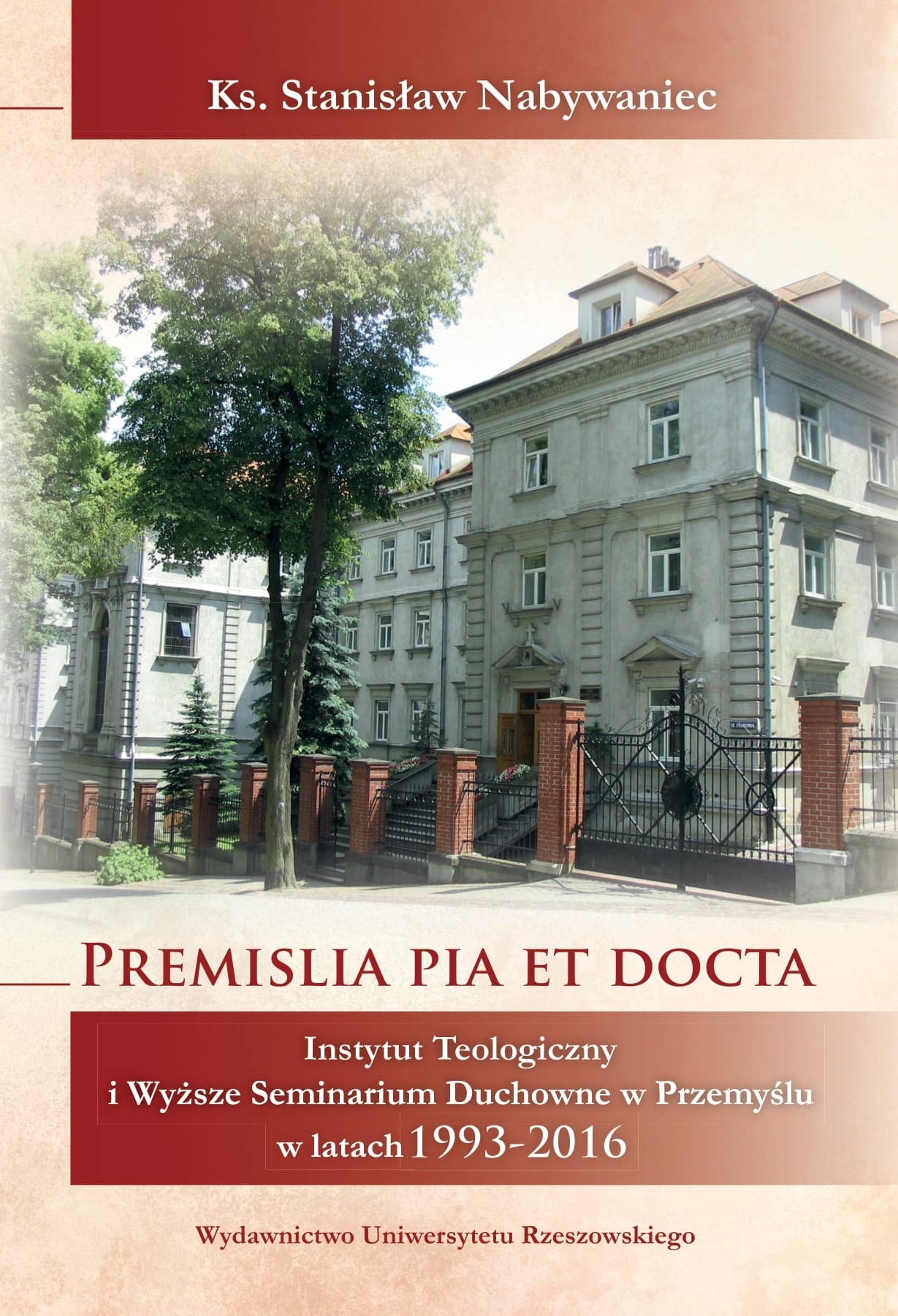
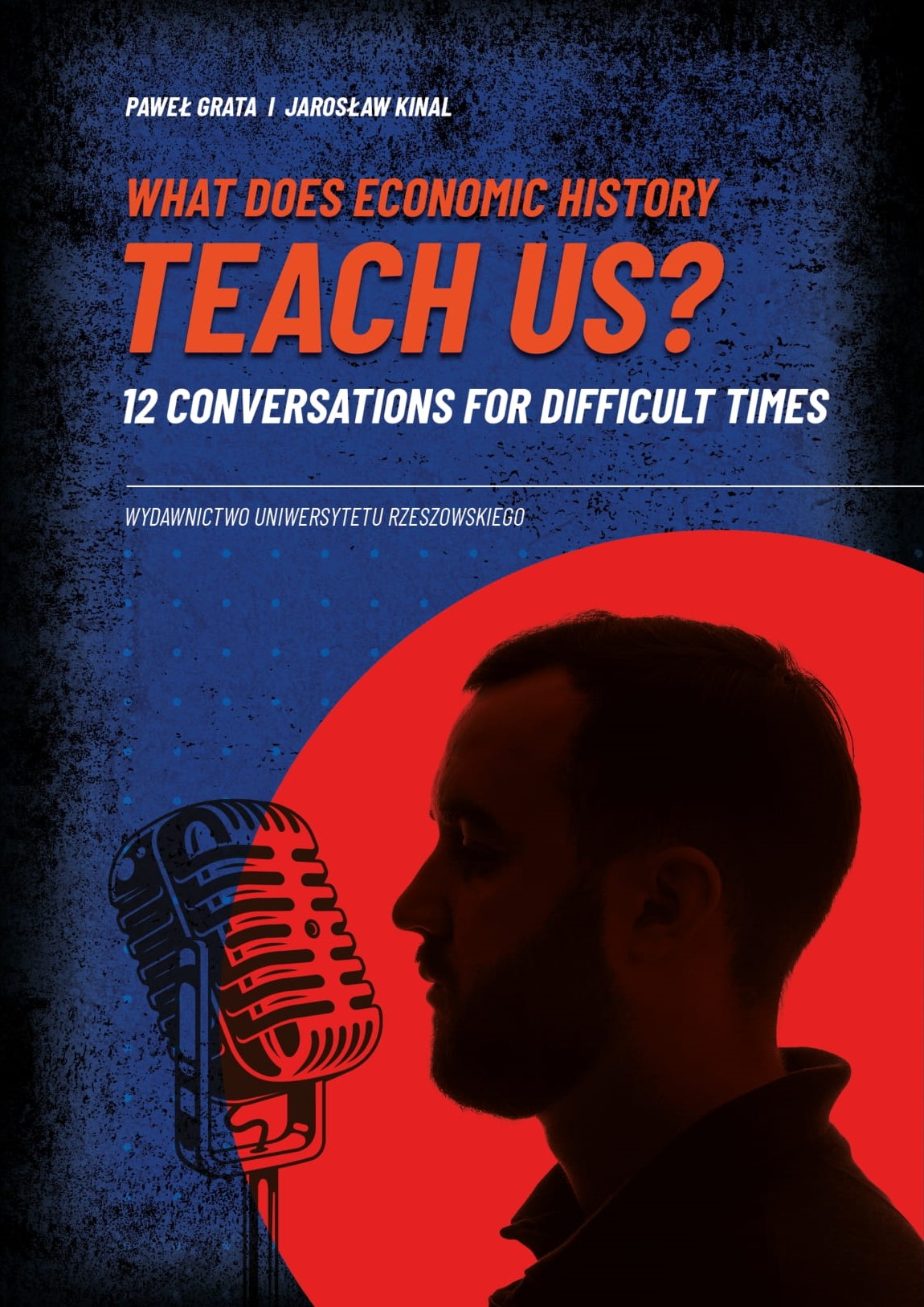

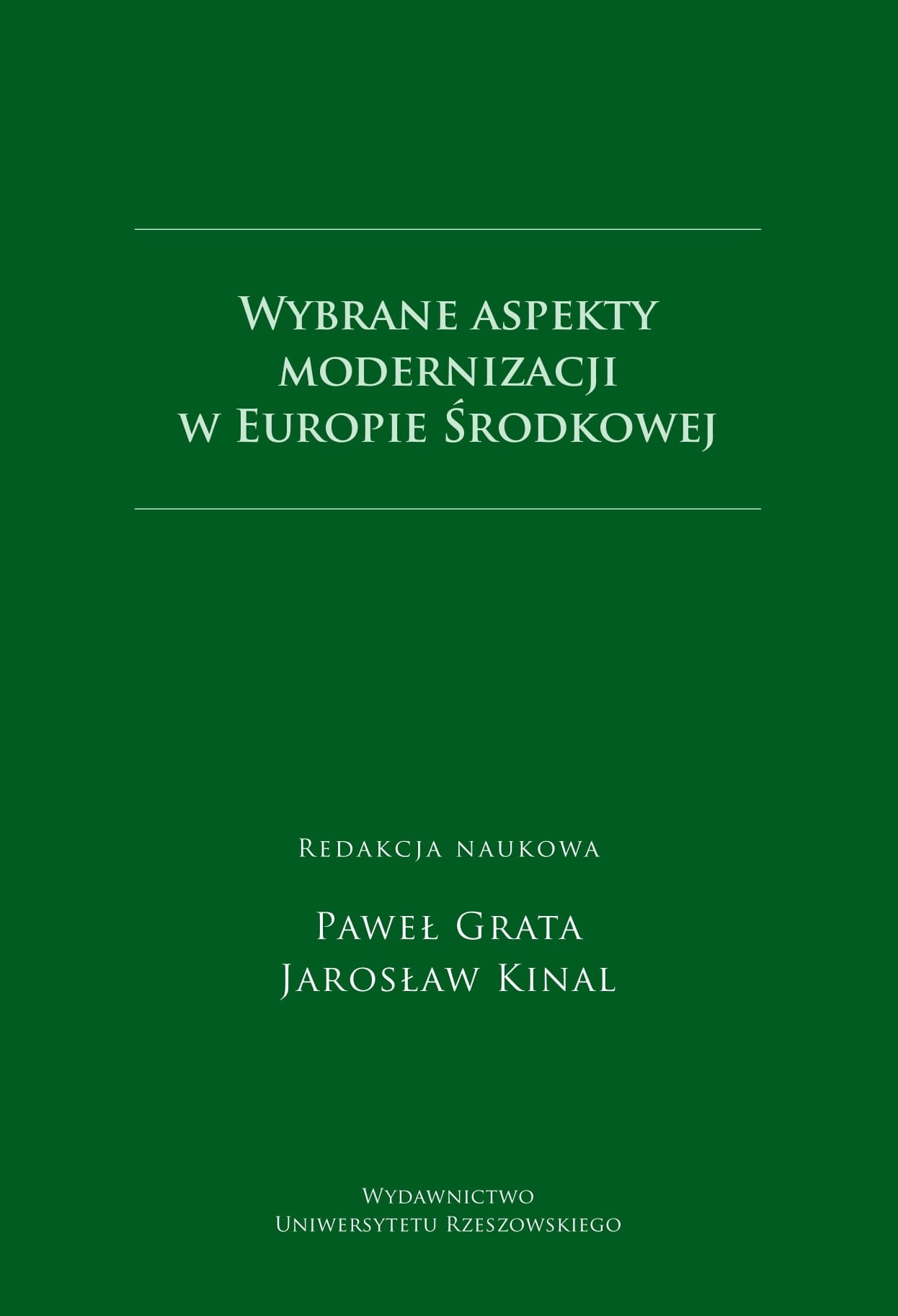
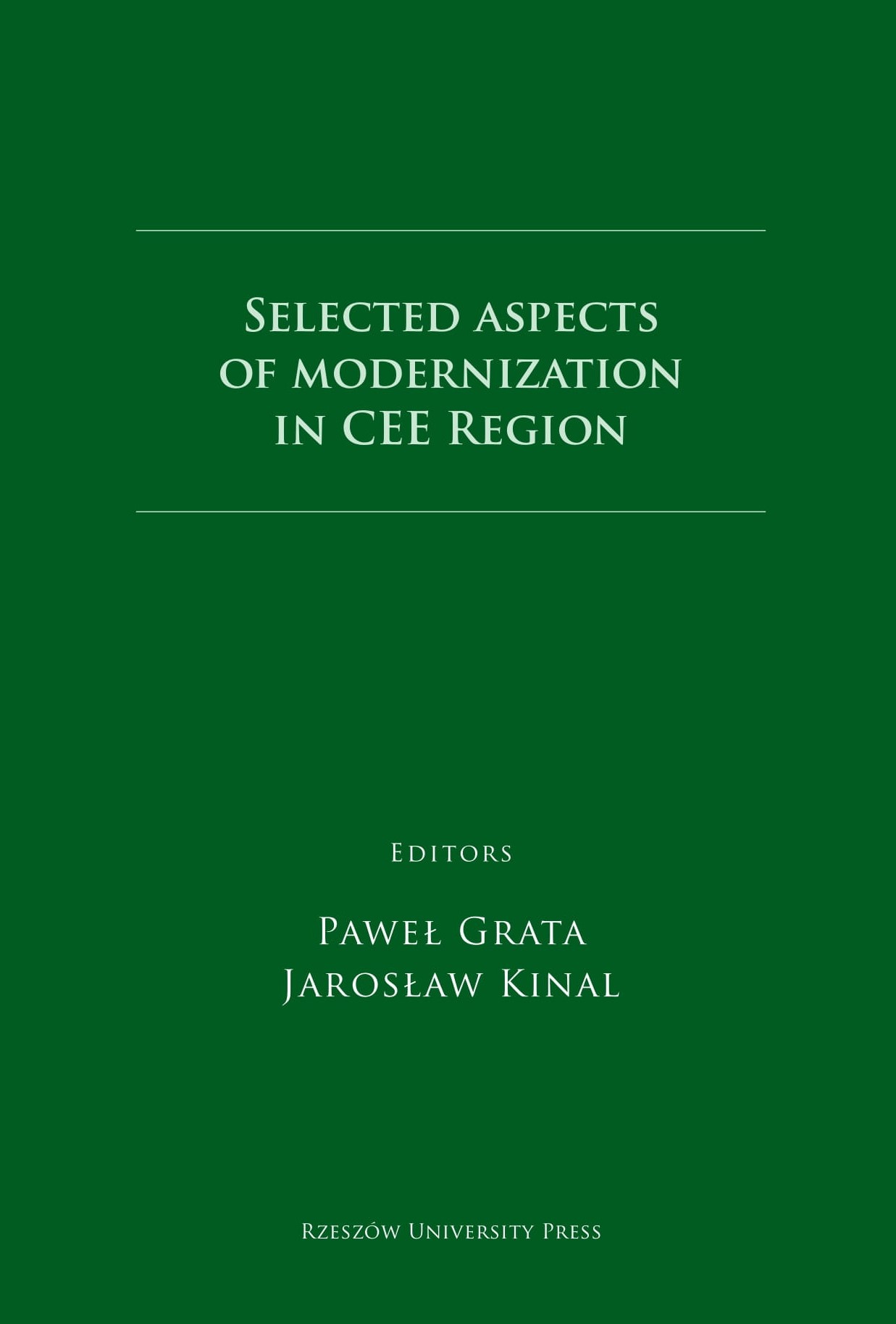
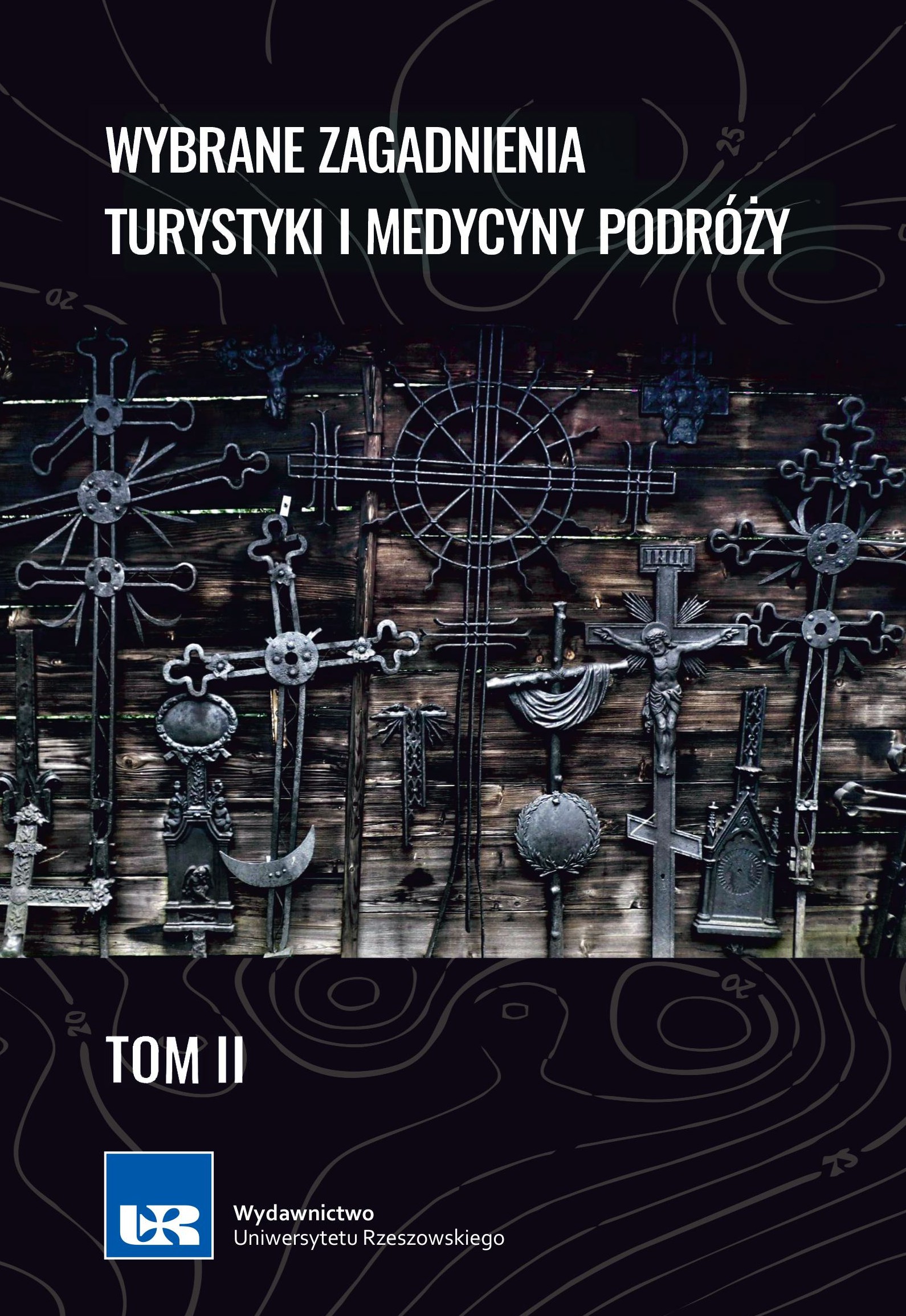
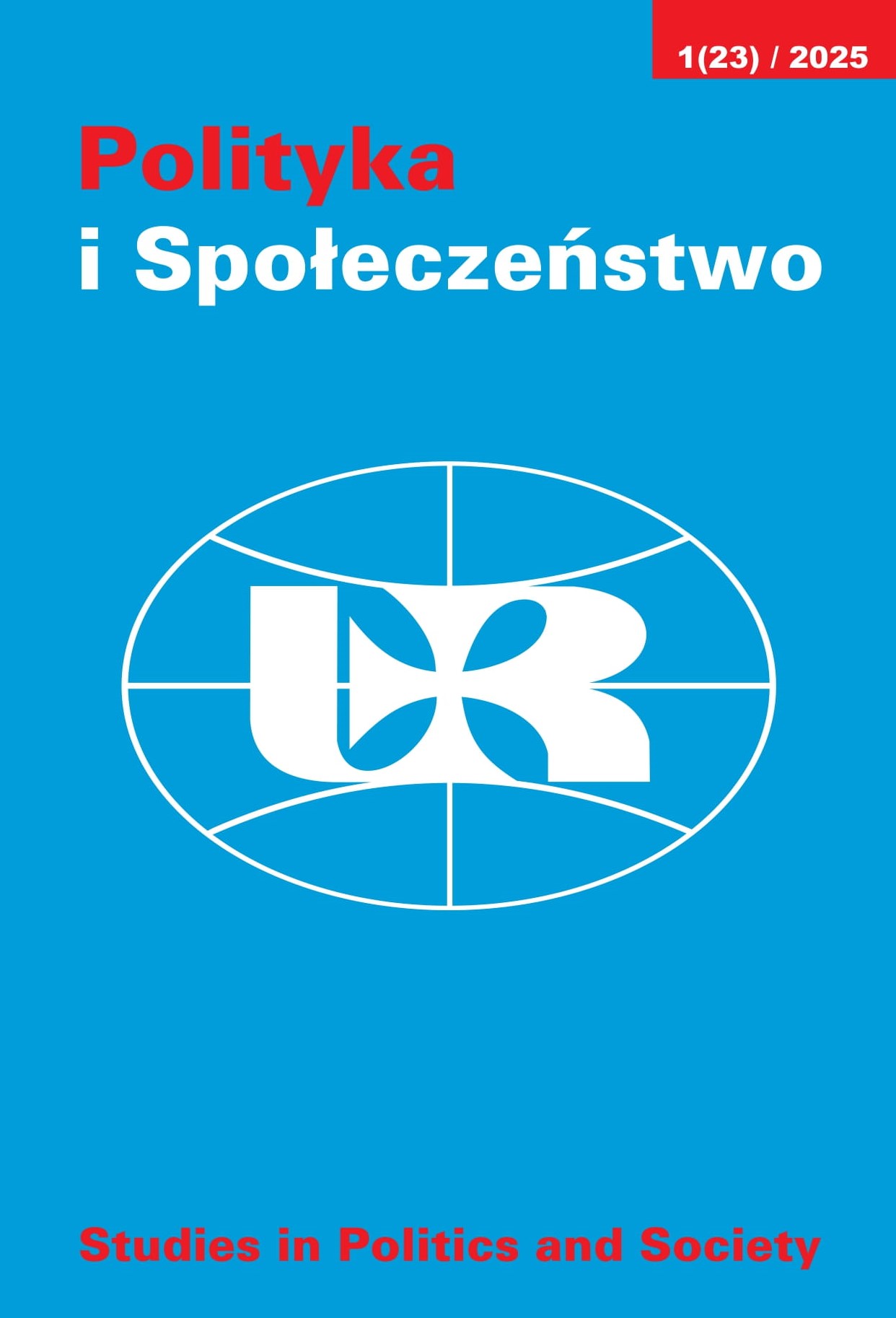
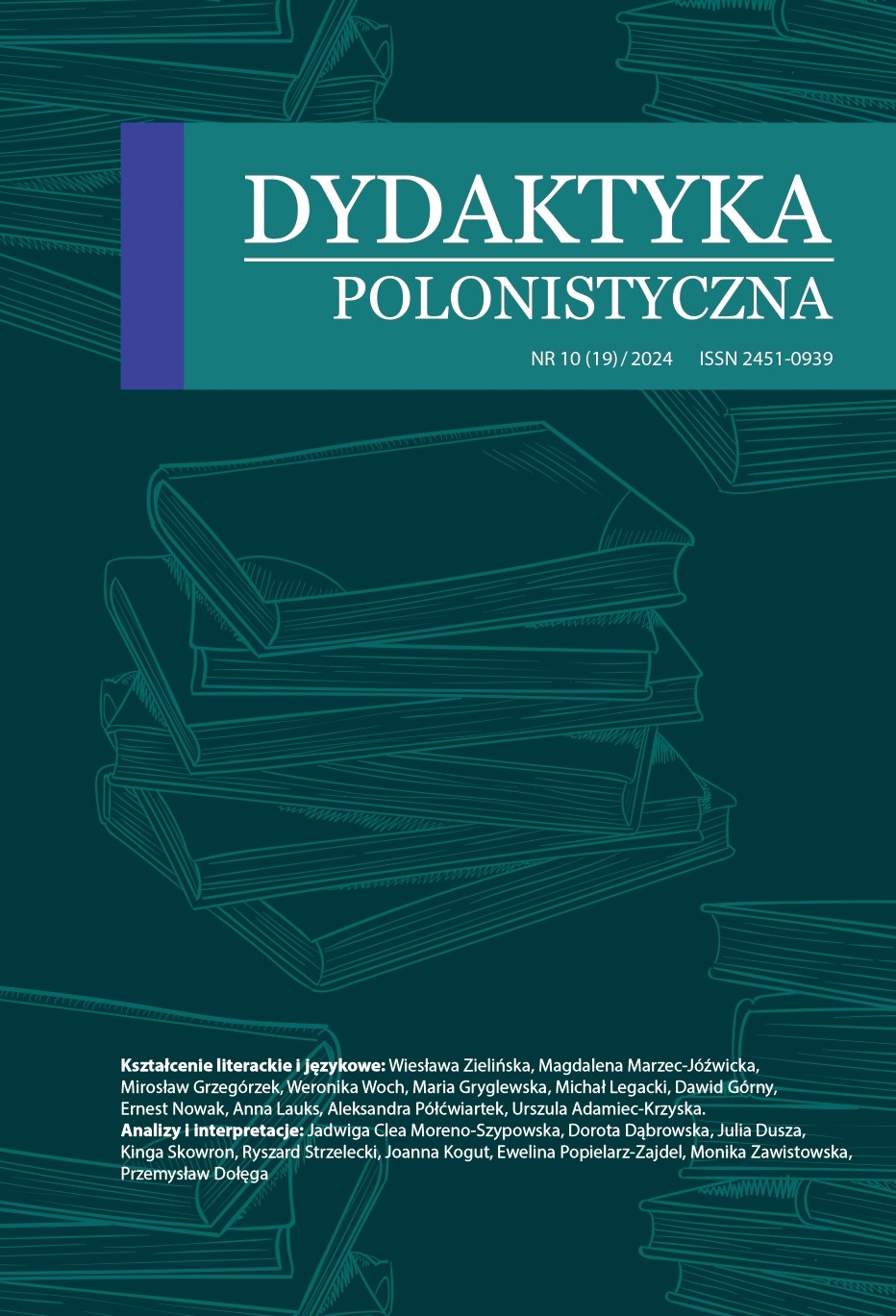
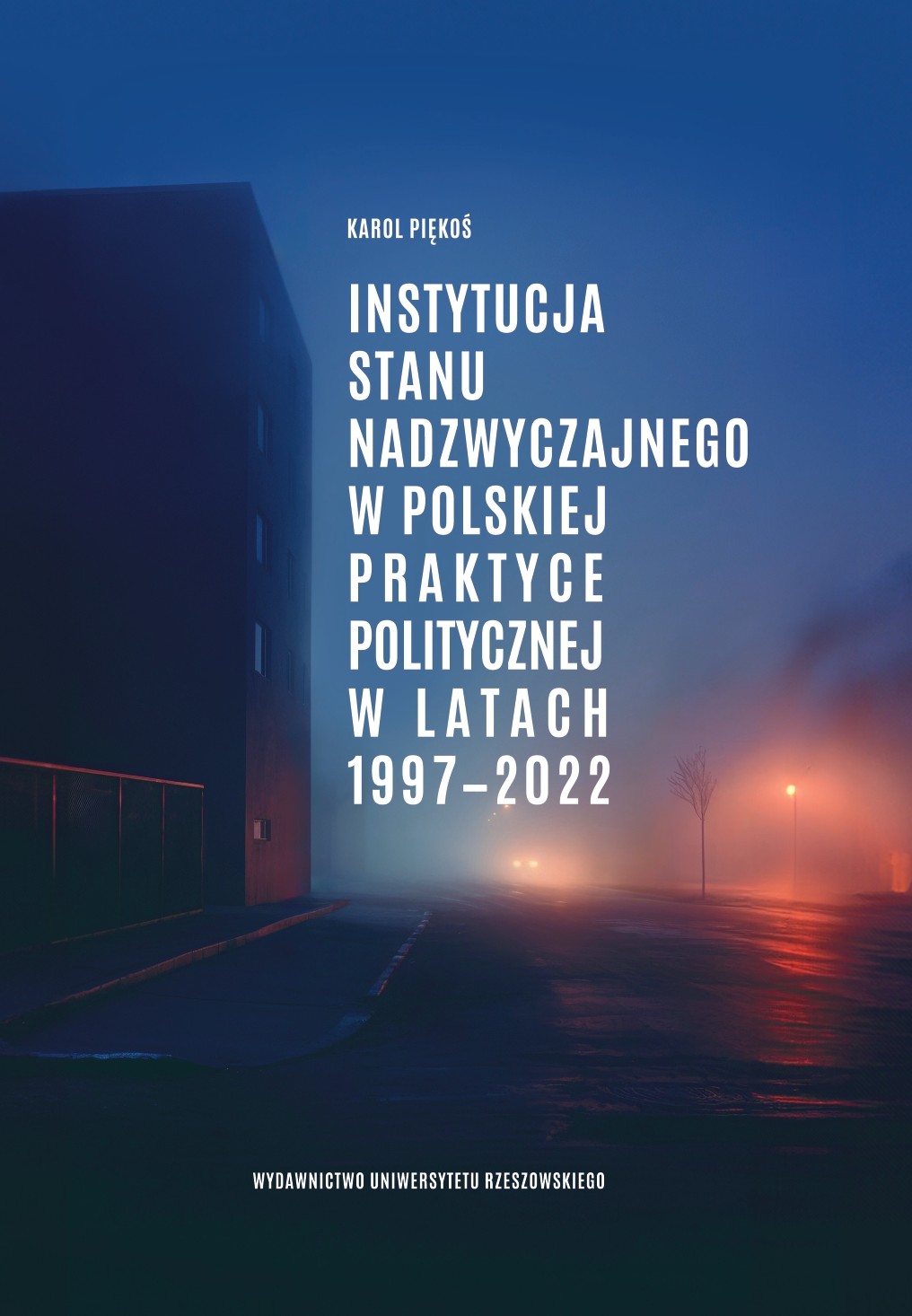
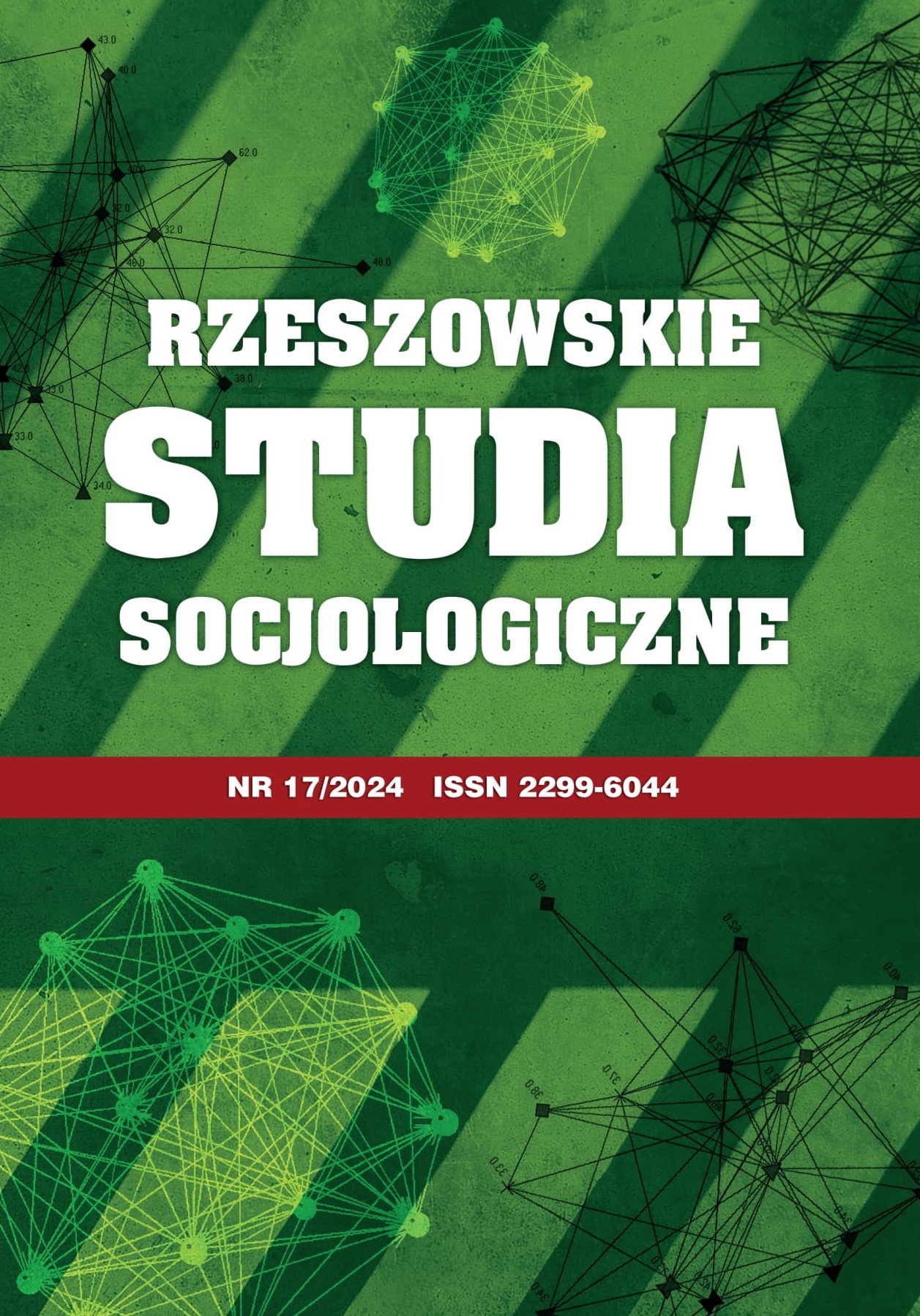

Copyright © 2025
wydawnictwo@ur.edu.pl
tel. 017 872 13 69 (Kolportaż)
tel. 017 872 14 37 (Dyrektor)
faks: 17 872 14 26
e-mail: wydawnictwo@ur.edu.pl
Adres:
ul. prof. St. Pigonia 6, 35-310 Rzeszów